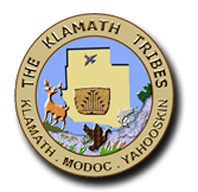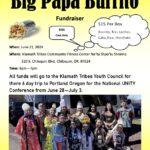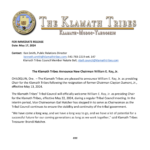Today we are going to have a quick list to look at. These are all words that can be used many times over and over. We will start with a standard verb. Then we will change the verb to a noun and then add a suffix that makes the word the one we can use every day.
The first verb is qdoca=to rain.
We make the 1st noun by adding the suffix -is after we have removed the final vowel of the verb. qdoca becomes qdocis. Now we add the suffix -altko to this noun and we get qdocisaltko. This new word means: rainy.
In a sentence it looks like: ona hot mo qdocisaltko gi. Yesterday it was very rainy.
Now we will do the same thing for kena=to snow.
The 1st noun is kes. Now we add -altko=kesaltko=snowy.
ona hot mo kesaltko gi. Yesterday it was very snowy.
wind=slewi=slewis=1st noun + -altko=slewisaltko= windy.
ona hot mo slewisaltko gi Yesterday it was very windy.
sun=sabas. It is already a noun so we don’t have to go through the 1st action.
sabas + -altko=sabasaltko=sunny.
ona hot mo sabasaltko gi. Yesterday it was very sunny.
wen=to freeze-The 1st noun is wes=ice
The 1st noun of this verb is wes. Add the suffix -altko=wesaltko=icy.
ona hot mo wesaltko gi. Yesterday it was very icy.
Please translate these sentences.
1. gen waytas hot qdocisaltko gi.
2. ona hot kesaltko gi.
3. sandiyyat hot mo slewisaltko gi.
4. patatga hot mo sabasaltko gi.





